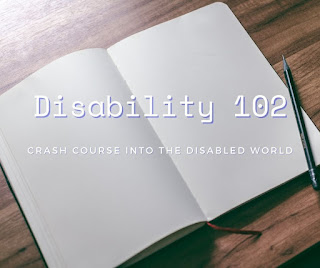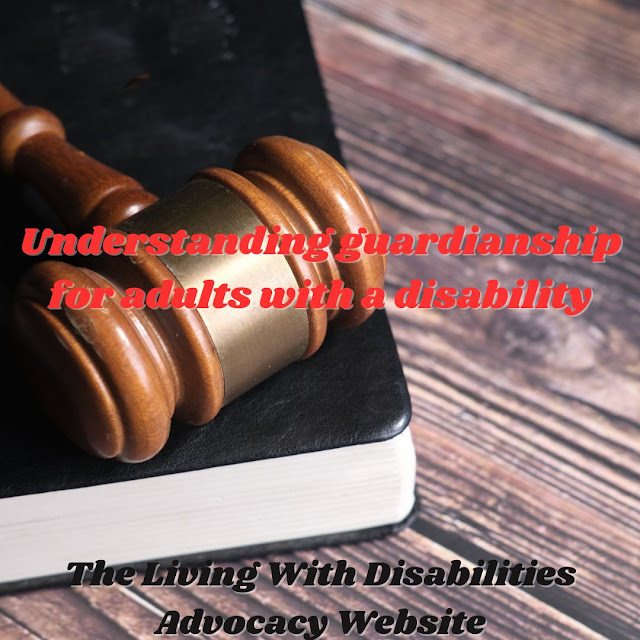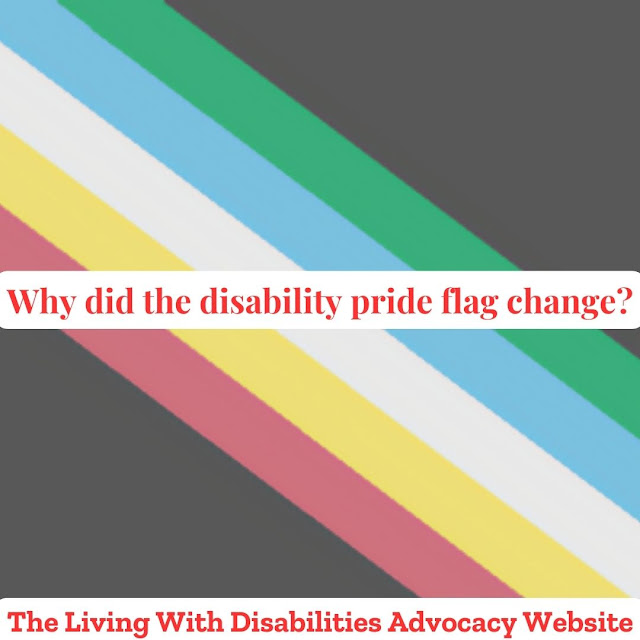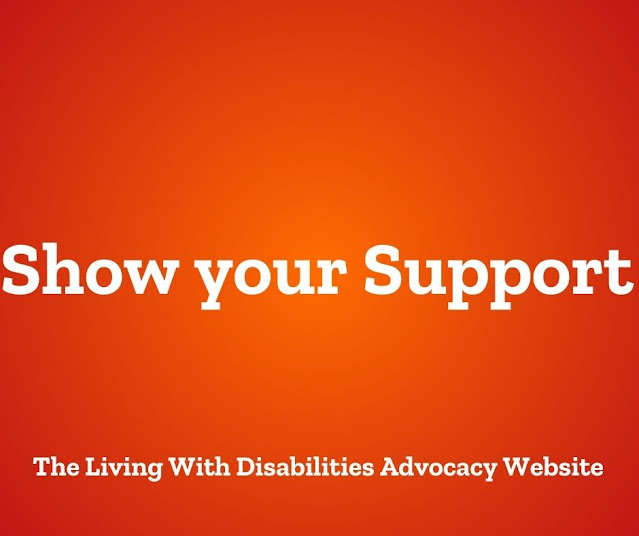Disability 102: Crash course into the disabled world
First, if you are a newcomer and have stumbled upon this article, this is the Living With Disabilities, Advocacy website and it's run by no other, Katrina Smith, who's a person with a Learning disability. Secondly, welcome back to the returning readers to the Disability 102 Cash course into the disabled world.
Like, in the first Crash course, Disability 101 Crash course into the disabled world. Living With Disabilities, asked for everyone to take a few minutes of reflection (Meditation), Clear out any thoughts that may be negative, and open your mind to a better understanding of what you are about to take in. (Meditational music could be found on the sidebar of the website, A Touch of Zen by Chris Martyn and Geoff Harvey, from Purple Planet Music.) Chris Martyn and Geoff Harvey Chris Martyn and Geoff Harvey
Do feel free to take down any notes that you get from this article, there is no right or wrong in taking notes. Your notes are for you and you only.
Living With Disabilities is here to educate people about people with disabilities and other conditions because not everyone is open to understanding a person with a disability. Therefore, Living With Disabilities going to take you through an A to Z course one course at a time and, we're starting with the letter A.
What's Alzheimer's Disease? is an unchangeable, progressive brain condition that gradually destroys the memory cognitive processes and, finally, the ability to carry out simple tasks of daily living. It's the leading cause of dementia- the loss of memory and thinking abilities intervene with daily function- and is commonly deadly, usually within ten years of onset. Cerebral function declines as brain cells malfunction, due to plaque buildup made from protein Amyloid-beta.
What are the symptoms? memory loss, forgetfulness, repeating questions that were answered a few minutes ago; difficulty carrying out a simple task, such as driving a motor vehicle or balancing a checkbook. As the disease advances, a person can become irritable and suspicious. And a person loses their independence needing incoming care. The end-stage of this illness is full dependence on care.
What are the risk factors? after the age of 65. The illness can come from a genetic component (A parent or sibling), usually the first-degree relative. Cardiovascular factors, diabetes, blood pressure, and high level of Cholesterol. And other people with this disease may have other illnesses. Like, stroke that can contribute to dementia.
How is it diagnosed? blood work, brain imagining testing.CT, MRI, PET scan.
Here are some safety tips, that will come in handled because as Alzheimer's progress, a person with this condition will go out for a stroll and forget. Living With Disabilities, advise buying a floor mat with an alarm or Medical alert alarm system with a GPS tracker.
People with this condition will have good and bad days, of remembering things. So, it's better to be safe than sorry.
When it comes to getting an alarm system for Alzheimer's, you will need to check with your insurance company. Do note that some companies may not pay for these. So, you will have to pay out of your own pocket.
Now that you have an open mind to a person who lives with Alzheimer's, and how their condition may affect them. Know that it does not mean their condition makes them one less of a person. They're still a person, who will need a person to help take care of them.
How do you show awareness about disabilities, or other conditions, let's hear them in the comments? and know that we're people first and our disability is something we all live with. But, it does not make us one less of a person.
Work cited page
Alzheimer's Disease (brainandlife.org)
Alzheimer's Disease (brainandlife.org)




Comments
Post a Comment